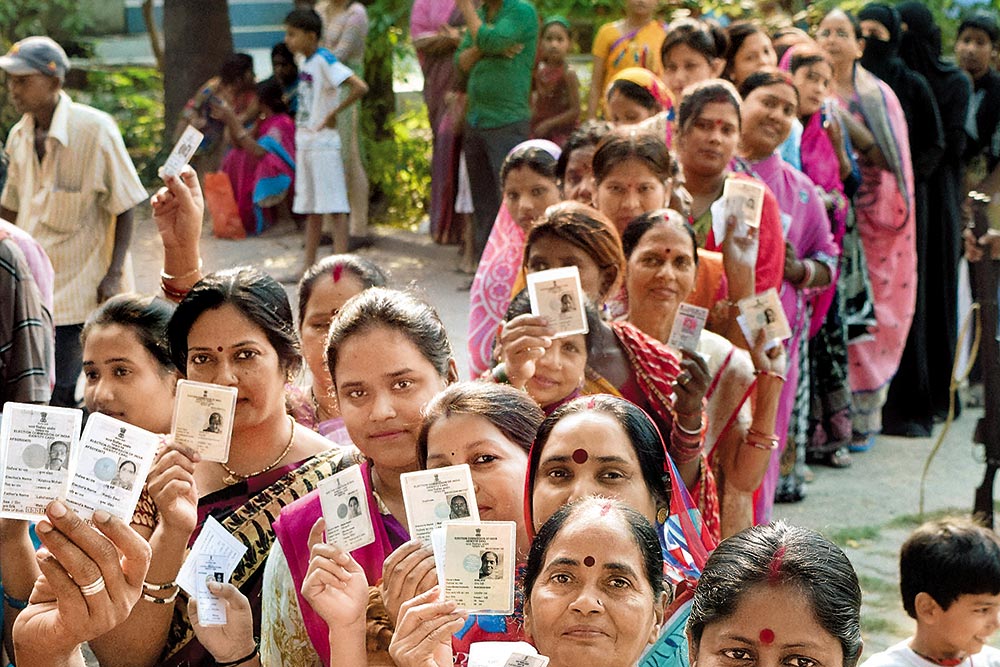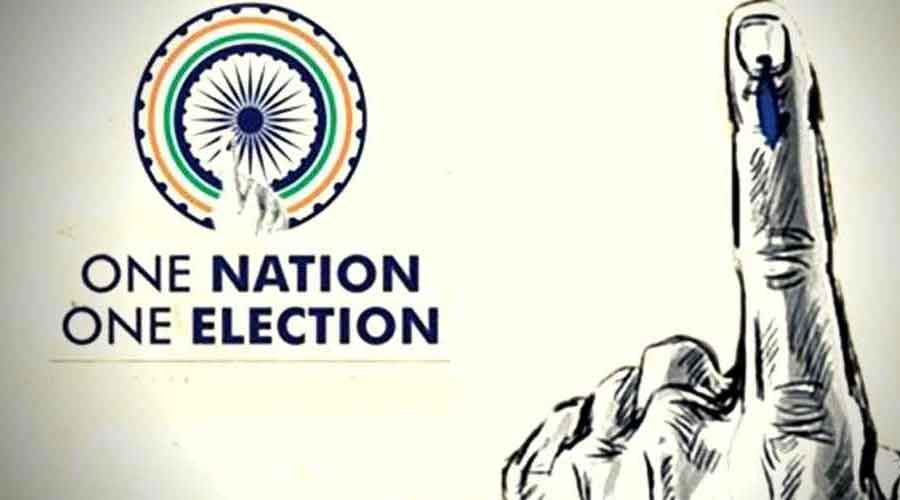Exploring ‘One Nation, One Election’: A Game-Changing Proposal
In a recent development, the government has formed a committee, headed by former President of India Ram Nath Kovind, to delve into the possibility of implementing ‘One Nation, One Election.’ This move comes on the heels of a special parliamentary session scheduled between September 18-22, 2023, right after the G20 Summit. While the exact agenda for this session remains undisclosed, speculations are rife, including discussions about dissolving the current Parliament and announcing early Lok Sabha elections or focusing on the ‘One Nation, One Election’ concept.

What is ‘One Nation, One Election?
‘One Nation, One Election’ is a concept aimed at synchronizing the Lok Sabha elections with all state assembly elections in India. This synchronization could happen on a single day or within a specific timeframe. Prime Minister Modi has been a staunch advocate of this idea, and the recent appointment of Ram Nath Kovind to examine it underscores the government’s commitment, especially with several crucial elections on the horizon. Five state assembly elections are due later this year, followed by the Lok Sabha elections likely in May- June 2024. However, recent government actions hint at the possibility of advancing some elections.
Pros of ‘One Nation, One Election’
- Cost Savings: Conducting separate elections incurs substantial financial resources. ‘One Nation, One Election’ promises significant cost reduction by consolidating these polls.
- Administrative Efficiency: Simultaneous elections would ease the burden on administrative and security forces, freeing them from multiple election duties.
- Better Governance: Implementing ‘One Nation, One Election’ could enable the government to focus on governance rather than being in constant election mode, facilitating smoother policy implementation.
- Higher Voter Turnout: The Law Commission believes that simultaneous elections would increase voter turnout. Casting multiple ballots at once would become more accessible for the electorate.
Cons of ‘One Nation, One Election’
- Constitutional Changes: To implement this concept, constitutional amendments and adjustments in legal frameworks would be necessary. While it’s not a new idea (having been attempted in the 1950s and ’60s), India’s larger number of states and massive population make the task more complex.
- Overshadowing Regional Issues: Critics argue that focusing solely on national issues might overshadow critical regional concerns, potentially impacting state-level election outcomes.
- Political Consensus: Achieving consensus among all political parties is a substantial hurdle. Opposition parties have expressed reservations about ‘One Nation, One Election,’ creating a roadblock to its implementation.
In conclusion, the ‘One Nation, One Election’ concept holds both promise and challenges for Indian democracy. While it could streamline the electoral process and enhance governance efficiency, it also necessitates complex constitutional changes and raises concerns about regional representation. As the government deliberates its implementation, the nation awaits the outcome of the forthcoming special parliamentary session with great anticipation.






